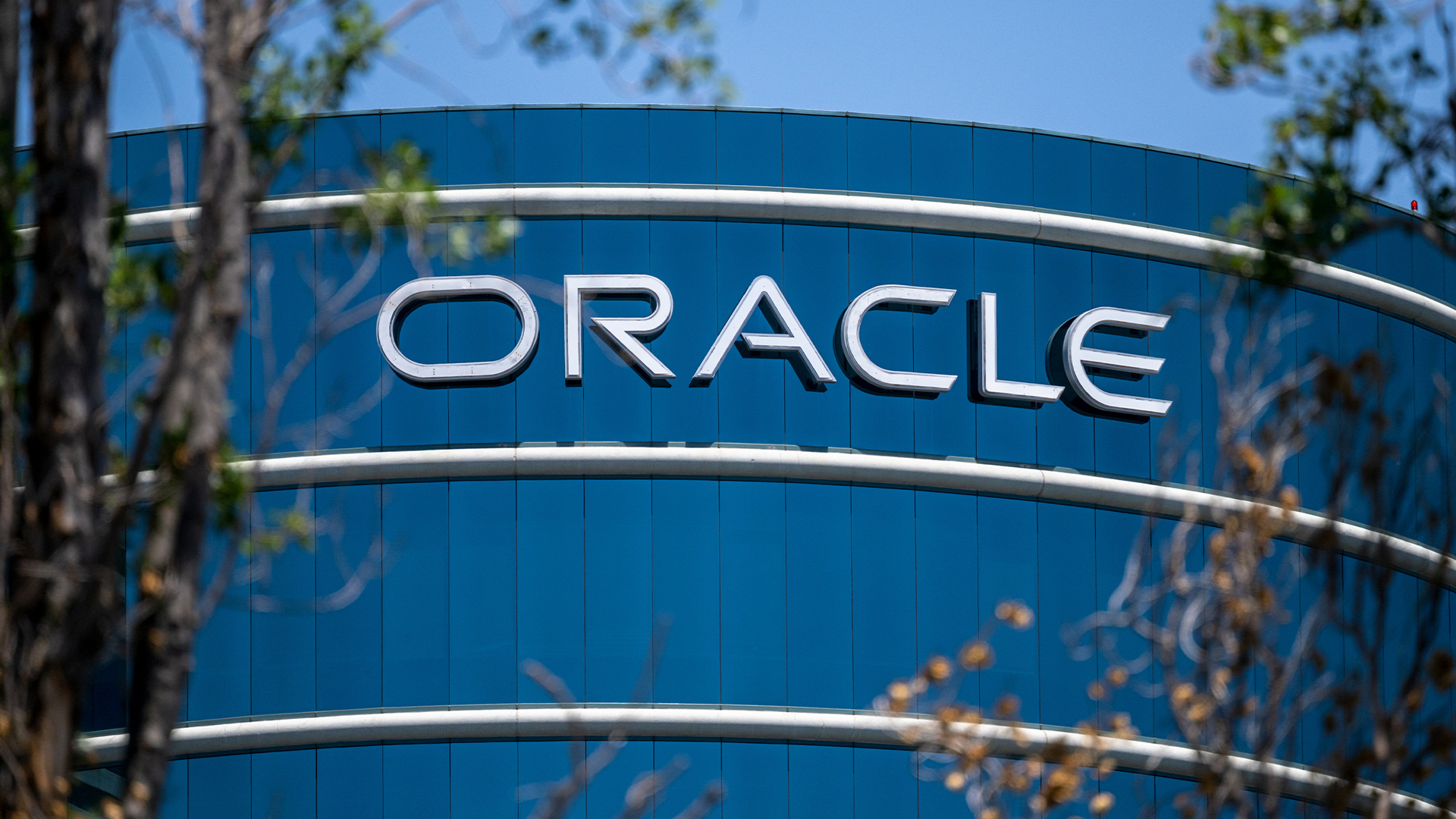Little is being done to address the tech industry's racial hiring bias, report
Non-white individuals are far less likely to be offered an interview compared to other applicant groups, research shows


Sign up today and you will receive a free copy of our Future Focus 2025 report - the leading guidance on AI, cybersecurity and other IT challenges as per 700+ senior executives
You are now subscribed
Your newsletter sign-up was successful
Racial and gender-based inequality in tech recruitment is still a pervasive issue, according to new research.
The State of Wage Inequality report from Hired shows that bias in recruitment and hiring processes is actively harming people of color and women, with only minor progress being made on this front in the last five years.
While the report highlighted that 99% of hiring leaders say they “make efforts to ensure hiring decisions are free from bias”, additional work is still required to root out long-standing cultural issues.
Just over half (56%) of hiring managers reported that bias is still present in their workplaces, according to Hired. Gender-based biases are among the most common they see in their organizations, with 17% reporting this as a key issue.
Similarly, 12% reported that racial biases are also a lingering problem, followed by age-based discrimination.
In particular, Hired said that representation “remains an issue for non-male, non-white individuals".
In 2022, 38% of positions advertised only offered interview opportunities to men. This marks a slight increase from 37% recorded in 2021, the report found.
Sign up today and you will receive a free copy of our Future Focus 2025 report - the leading guidance on AI, cybersecurity and other IT challenges as per 700+ senior executives
Affinity and confirmation bias
A key factor in the continued issues reported by HR leaders was that many hiring managers experience “affinity and confirmation bias”, the report said.
RELATED RESOURCE

“Affinity bias occurs when interviewers favor candidates who are similar to themselves,” the report explained. “Confirmation bias leads hiring managers to focus on information that confirms their pre-existing beliefs about a candidate.”
Hired warned that both these issues directly harm individuals applying for jobs that don’t meet preconceived notions or beliefs held by the hiring managers.
Long-term, this has an adverse effect on workplaces, leading to teams that are “largely homogenous” and lack diversity.
Diverse teams deliver results
Eliminating bias in recruitment and hiring processes delivers broader results than merely improving diversity statistics. Companies which prioritize racial and ethnic diversity were 36% more likely to achieve “above average financial returns”, according to a report from McKinsey.
Meri Williams, CTO at Pleo, told ITPro “diverse teams win” and that organizations should place a stronger emphasis on fostering workforce diversity.
“This isn't purely about being fair to those of different genders or races – the more diverse teams are, the more varied an organization’s thinking becomes and the broader the range of solutions they develop,” Meri said.
“Attracting a diverse workforce begins with an unbiased hiring process. And while it’s essential to ensure talent acquisition is set up right, do not overlook the fact that commitment to inclusion should run beyond the HR team and through the entire company.
“The work doesn’t stop there either and leaders must enable a diverse culture to thrive through an inclusive workplace design.”

Ross Kelly is ITPro's News & Analysis Editor, responsible for leading the brand's news output and in-depth reporting on the latest stories from across the business technology landscape. Ross was previously a Staff Writer, during which time he developed a keen interest in cyber security, business leadership, and emerging technologies.
He graduated from Edinburgh Napier University in 2016 with a BA (Hons) in Journalism, and joined ITPro in 2022 after four years working in technology conference research.
For news pitches, you can contact Ross at ross.kelly@futurenet.com, or on Twitter and LinkedIn.
-
 PayPal poaches HP’s Enrique Lores in surprise CEO appointment
PayPal poaches HP’s Enrique Lores in surprise CEO appointmentNews The veteran tech executive will lead the payments giant into its next growth phase amid mounting industry challenges
-
 Oracle targets financial services gains with new agentic AI suite
Oracle targets financial services gains with new agentic AI suiteNews The cloud giant has unveiled a new series of agents for retail banking providers
-
 Gender diversity improvements could be the key to tackling the UK's AI skills shortage
Gender diversity improvements could be the key to tackling the UK's AI skills shortageNews Encouraging more women to pursue tech careers could plug huge gaps in the AI workforce
-
 Is diversity still a challenge in the channel?
Is diversity still a challenge in the channel?Industry Insights Despite progress, diversity remains a challenge in the tech channel, as women represent less than a quarter of the UK’s tech workforce and still face structural and cultural barriers
-
 Women in tech are plagued by imposter syndrome – here are three tips to overcome lingering doubts
Women in tech are plagued by imposter syndrome – here are three tips to overcome lingering doubtsNews Imposter syndrome among female tech workers gets worse as careers progress
-
 ‘Employees aren’t having it’: European workers are pushing back on the US-style ‘always on’ work culture – many are worried about the rise of ‘hustle culture’ and a third would quit if forced back to the office
‘Employees aren’t having it’: European workers are pushing back on the US-style ‘always on’ work culture – many are worried about the rise of ‘hustle culture’ and a third would quit if forced back to the officeNews New research shows European workers are pushing back on the 'always on' culture and fear US-style corporate policies creeping into workplaces.
-
 Women show more team spirit when it comes to cybersecurity, yet they're still missing out on opportunities
Women show more team spirit when it comes to cybersecurity, yet they're still missing out on opportunitiesNews While they're more likely to believe that responsibility should be shared, women are less likely to get the necessary training
-
 Imposter syndrome is pushing women out of tech
Imposter syndrome is pushing women out of techNews Men have dominated the tech space, though some evidence suggests that it's beginning to change
-
 DEI rollbacks could exacerbate tech talent shortages – nearly half of recruitment leaders worry diversity cuts will impact their company’s appeal and employee retention
DEI rollbacks could exacerbate tech talent shortages – nearly half of recruitment leaders worry diversity cuts will impact their company’s appeal and employee retentionNews Finding talent with AI skills has already become a major challenge for enterprises, but with some enterprises shelving DEI hiring practices, research suggests the situation could get worse.
-
 Women in tech think the industry has changed for the better, but there’s still more work to be done
Women in tech think the industry has changed for the better, but there’s still more work to be doneNews 84% of female tech leaders in the US believe the industry has changed for the better, but lingering issues still persist.